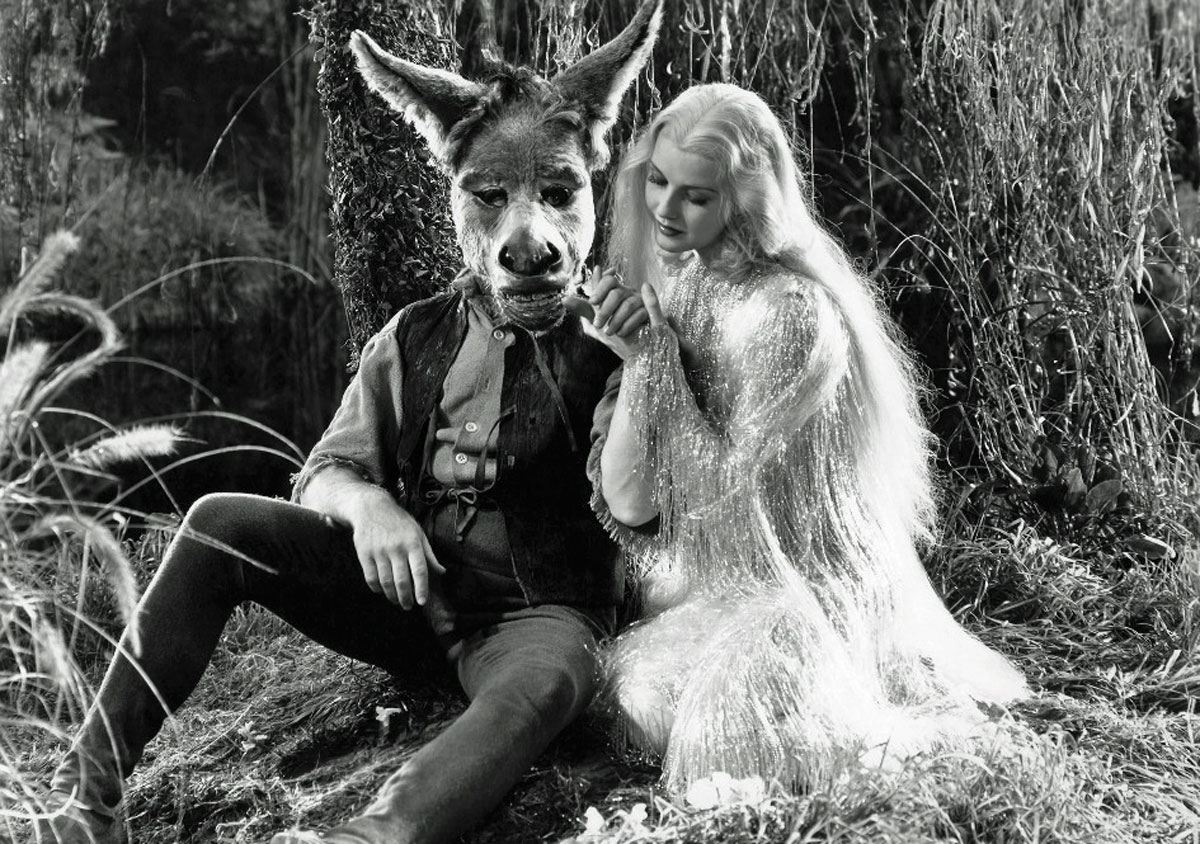“Shakespeare 400” at the Dalhousie Art Gallery
This year marks the 400th anniversary of the death of William Shakespeare.
As Film Curator at the Dalhousie Art Gallery, I thought it was a good idea to revisit some of the cinematic versions of the Bard’s plays.
There is certainly no shortage to choose from. I did have a couple of guidelines. One was the 140 minute mark. The seats at the gallery are hard plastic, and most people are used to feature films being around two hours long. Shakespeare’s plays, however, generally run longer in their theatrical form. In film, some of the more famous ones – Roman Polanski’s Macbeth from 1971 for example – run 140 minutes or more. Alas, out went Roman’s well-known and well-loved film.
I’ve also found that people’s attention spans have shrunk a bit in the age of electronic devices and premium episodic television. Longer films will almost always lose audiences. I’ve actually seen this happen at the gallery.

Still, the films I’ve chosen for the series are all worth seeing for one reason or another. The Max Reinhardt A Midsummer Night’s Dream from 1935, for example, is the only time that the legendary director worked in Hollywood. Reinhardt figures in the theatre as the great response to Stanislavski, opposing the Russian’s realism with a rampant sense of the theatrical. For anyone interested in Film Noir, many of the main players of that genre, such as Otto Preminger and Peter Lorre, studied under Reinhardt in Europe. The emphasis on production design and light and shadow in Reinhardt’s Midsummer Night’s Dream is indeed dazzling and must be seen to be believed.

Orson Welles has a whole canon of Shakespearian adventures, including versions of Othello and the Henry cycle, adapted as Chimes At Midnight. I chose his version of Macbeth from 1948, full of expressionist angles all delivered in a brisk 90 minutes. Welles also made an appearance in the early 1950s CBS Television production of King Lear, staged by the great theatrical innovator Peter Brook. At 75 minutes and missing the Edmund sub-plot, this Lear is still striking due to its minimalist design and swift action. Brook would remake Lear in 1971 as a feature with Paul Scofield. In my opinion, that early 1970s film is the single greatest Shakespearian cinematic effort ever. Alas, it is not currently available in North America.
Some might argue with specific choices in the series. Franco Zeffirelli‘s 1968 version of Romeo and Juliet, for example, could have been supplanted by Baz Luhrmann’s 1996 version. I felt the lure of the costumes, locations and wonderful music of the 1960s made for a better choice. Some will disagree – and that’s part of the fun that we have at the screenings when we discuss the films!
Others might have preferred the 1944 Henry V directed and starring Laurence Olivier. Having experienced the powerful 1989 revival by Kenneth Branagh, which was a very substantial hit at Wormwoods brought back by popular demands several times, I felt the more recent version was the better choice. Alas, again, the even more recent Hollow Crown version was simply too long.
One of the most vexing questions was the choice of which Hamlet to screen. I eventually chose the legendary 1969 Roundhouse staging by Tony Richardson, not only because the poster states “by the author of Romeo&Juliet,” but because Richardson, in his marvelous autobiography, states that theatre directors should approach classic plays like new plays, re-imagining them without reference to past productions. I feel that he achieves that sense of freshness and originality in the Roundhouse version.
The most recent productions in our series range from 2010 and 2012. Julie Taymor‘s gender-switching in The Tempest, in which Helen Mirren plays Prospera rather than Prospero, is supported by a rich visual style that gives the play an extra charge. Ralph Fiennes’ muscular 2011 version of Coriolanus, which was the veteran actor’s directorial debut, uses a media-saturated sense of violence to spice up one of the Bard’s more difficult-to-adapt plays. Echoing the 1990s Balkan Wars provides an entry point that might not have been possible in the 1970s or ’80s. Finally, I chose the 2012 version of Much Ado About Nothing by American wunderkind writer/director Joss Whedon, shot in cool black and white and set in a Los Angeles house party. Restrained and self-confident, it’s a chance to compare and contrast American hipster actors trying not to be British.
The series begins and ends with films about Shakespeare. The first, Shakespeare In Love, is a fun way to enter into the Shakespearian Universe. The final film in the series is Anonymous, a film that questions the Bard’s authorship while offering up something of a very dark late Elizabethan thriller. Lush, noirish, and very engrossing, it may not make for great history, but it is highly entertaining.
A final note. I was going to include a PBS documentary on the case that Christopher Marlowe wrote the Bard’s works. The film is called Much Ado About Something, and it is directed by the Australian filmmaker Michael Rubbo, who, interestingly enough, make many non-fiction films for The National Film Board of Canada. Much Ado About Something, however, is available completely on YouTube, so I suggest you catch the intriguing two hour long presentation there on your own time and report back to me with your own opinion on just who wrote Shakespeares’s works.
“Shakespeare 400” screens Wednesday evenings at 8:00 pm at the Dalhousie Art Gallery. Admission is free but donations are gratefully accepted; seating is limited so come early to guarantee admission. The series is supported by the Canada Council and Arts Nova Scotia.
The full schedule of the screening series can be found here.
Ron Foley Macdonald
Latest posts by Ron Foley Macdonald (see all)
- Mary Tyler Moore in Nova Scotia - January 30, 2017
- Viola Desmond’s Story on Film - December 11, 2016
- Bruce Springsteen’s “Born to Run” - December 9, 2016




